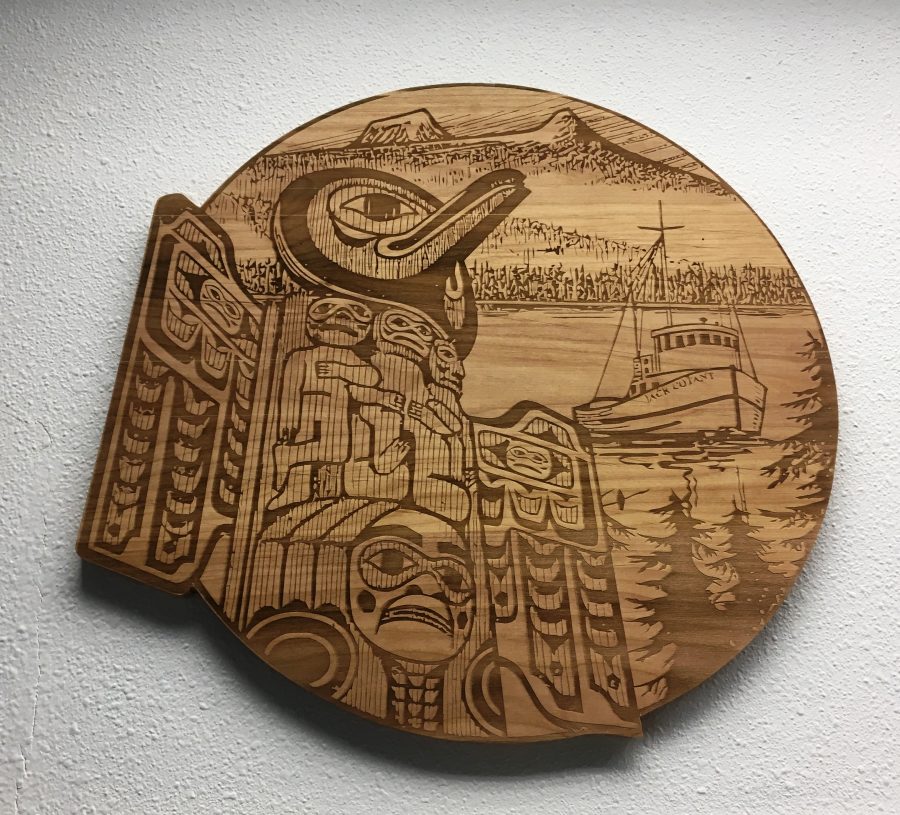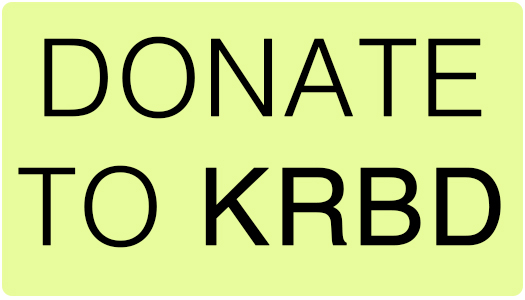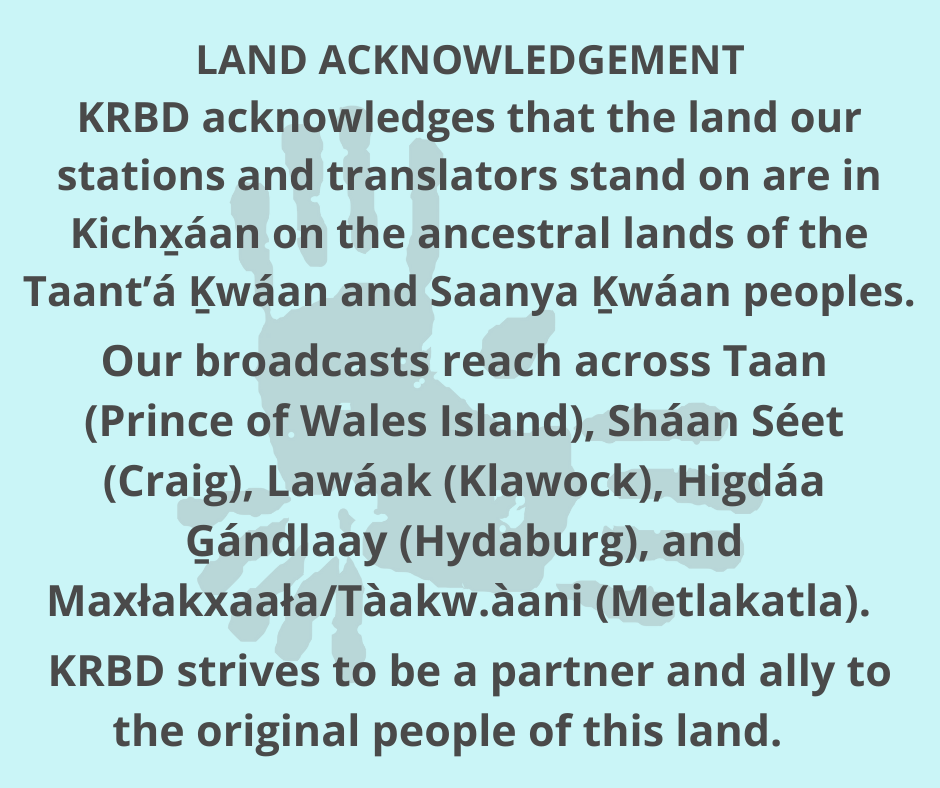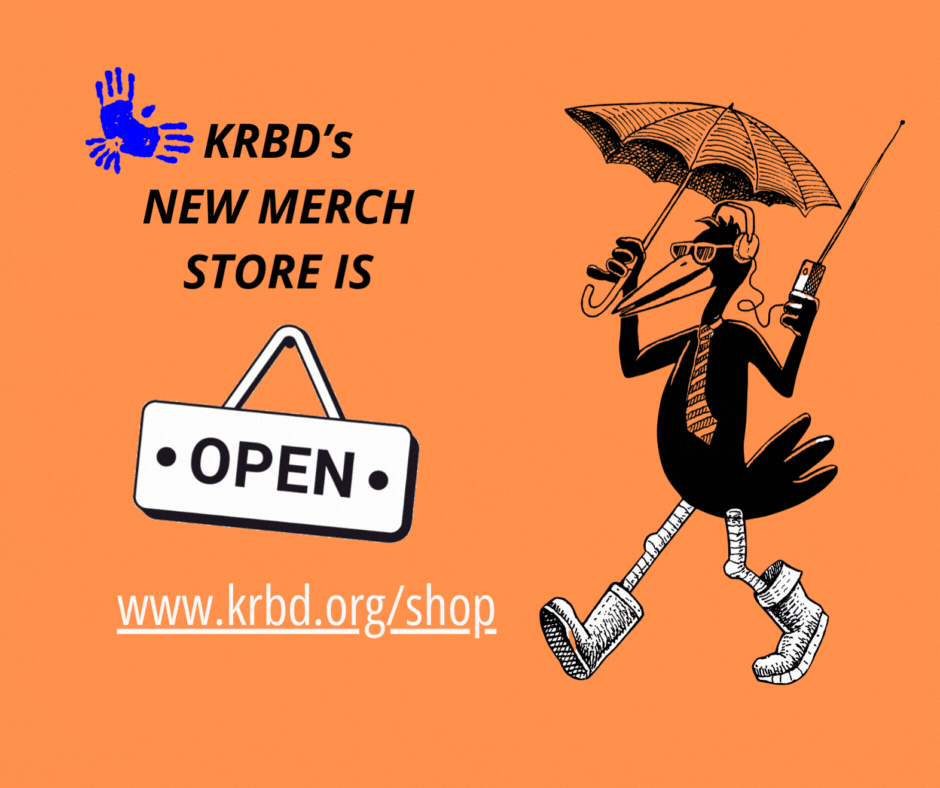
The Ketchikan School District seal is on display at the superintendent’s office. (KRBD file photo by Leila Kheiry)
Ketchikan’s school district affirms that it won’t disclose how members voted to select board president, vice president and clerk-treasurer last month. Government bodies are not typically allowed to hold votes by secret ballot.
Administrators denied a public records request asking, essentially, who voted for whom. In a letter to KRBD, school district business manager Katie Parrott said part of the reason is that administrators simply don’t know who cast each vote.
Board Member Kim Hodne won the race for president 4-3, according to the board clerk, who keeps records of meetings. Hodne said board members didn’t sign their ballots.
“Each ballot comes to a board member with heading on it, you know, [for example,] president, and then each board member writes in their selection from the nominees,” Hodne told KRBD.
And school district officials say that’s kosher. They cite a section of the state’s open meetings law that says almost all votes of a public body must take place in the open. But there’s one exception: so-called “organizational votes” — that is, votes for president, board chair, things like that — can be held by secret ballot.
Of course, the school district and board could choose to hold the vote in public view, but they argue that’s not required under the law.
And Hodne said that especially when the vote is close, there are advantages to a secret ballot.
“I absolutely believe it should continue this way,” he said. “It makes for the board to be able to work together better without some kind of, ‘well, you voted for me,’ or ‘no, you didn’t vote for me.’ And that sets up walls or preconceived ideas or whatever. It creates division.”
Hodne said he’s speaking for himself, not the board as a whole.
School board presidents in Ketchikan don’t wield out-sized influence — most of their job is simply running meetings. And any board member can add items to the agenda.








